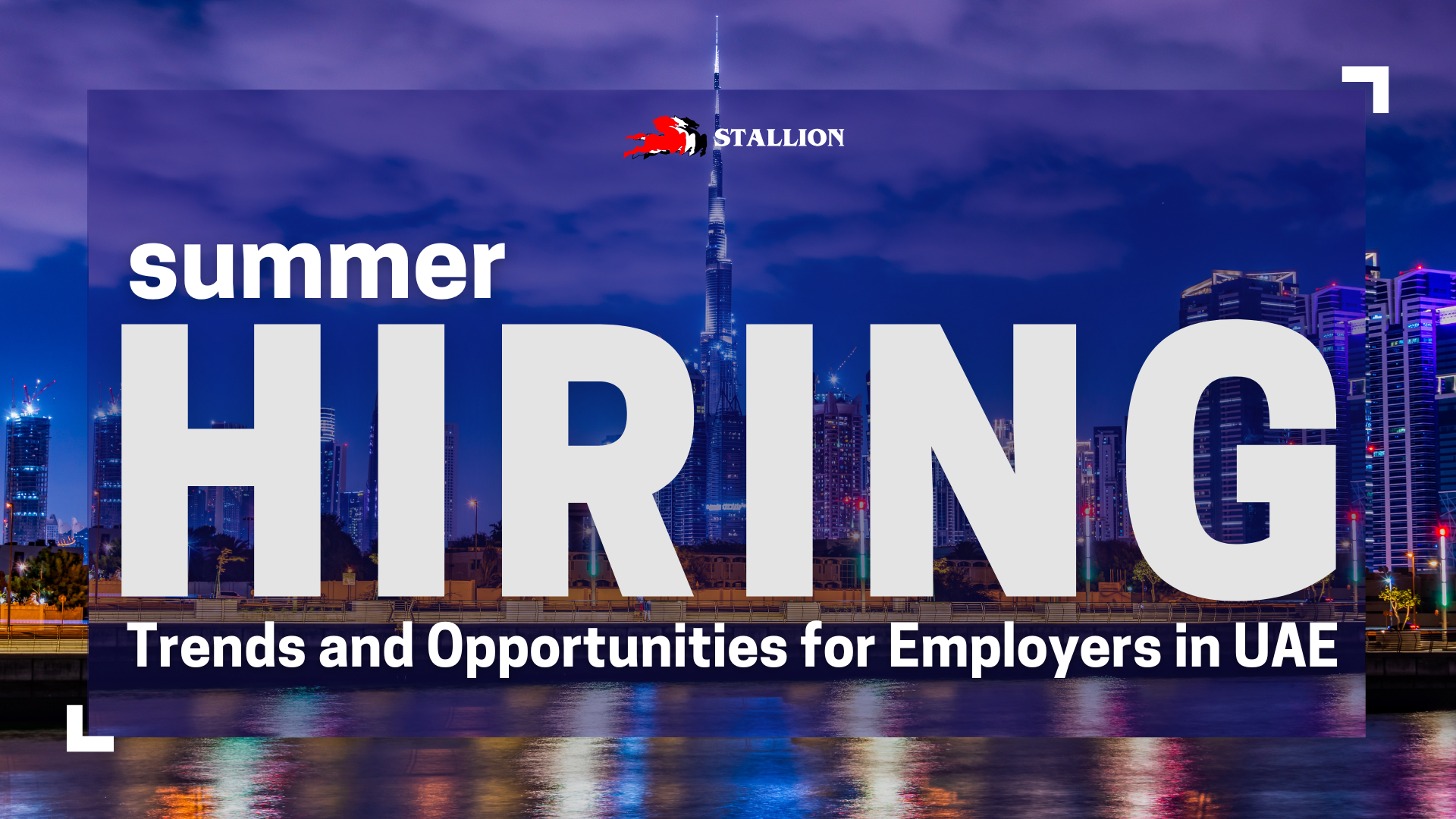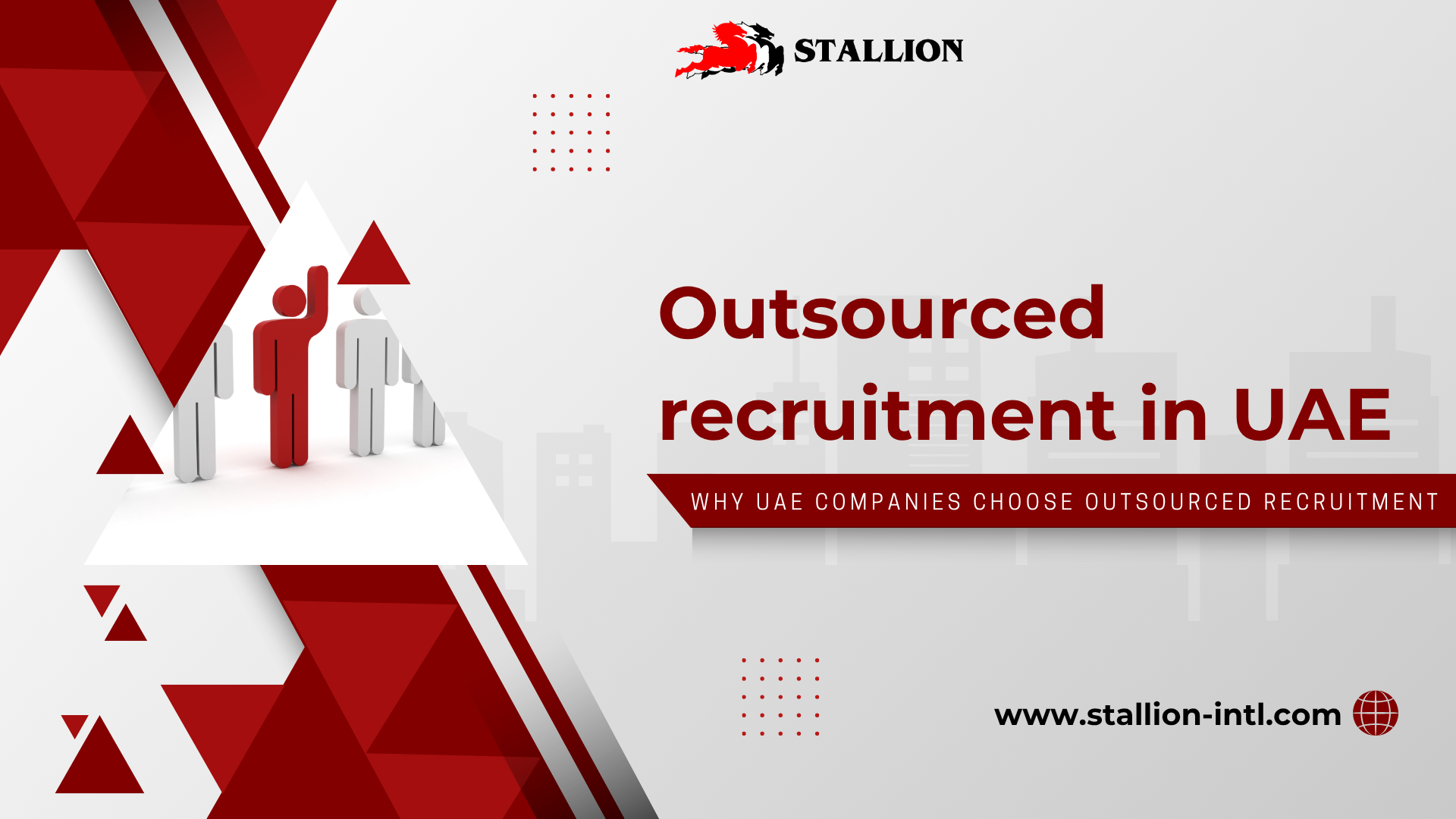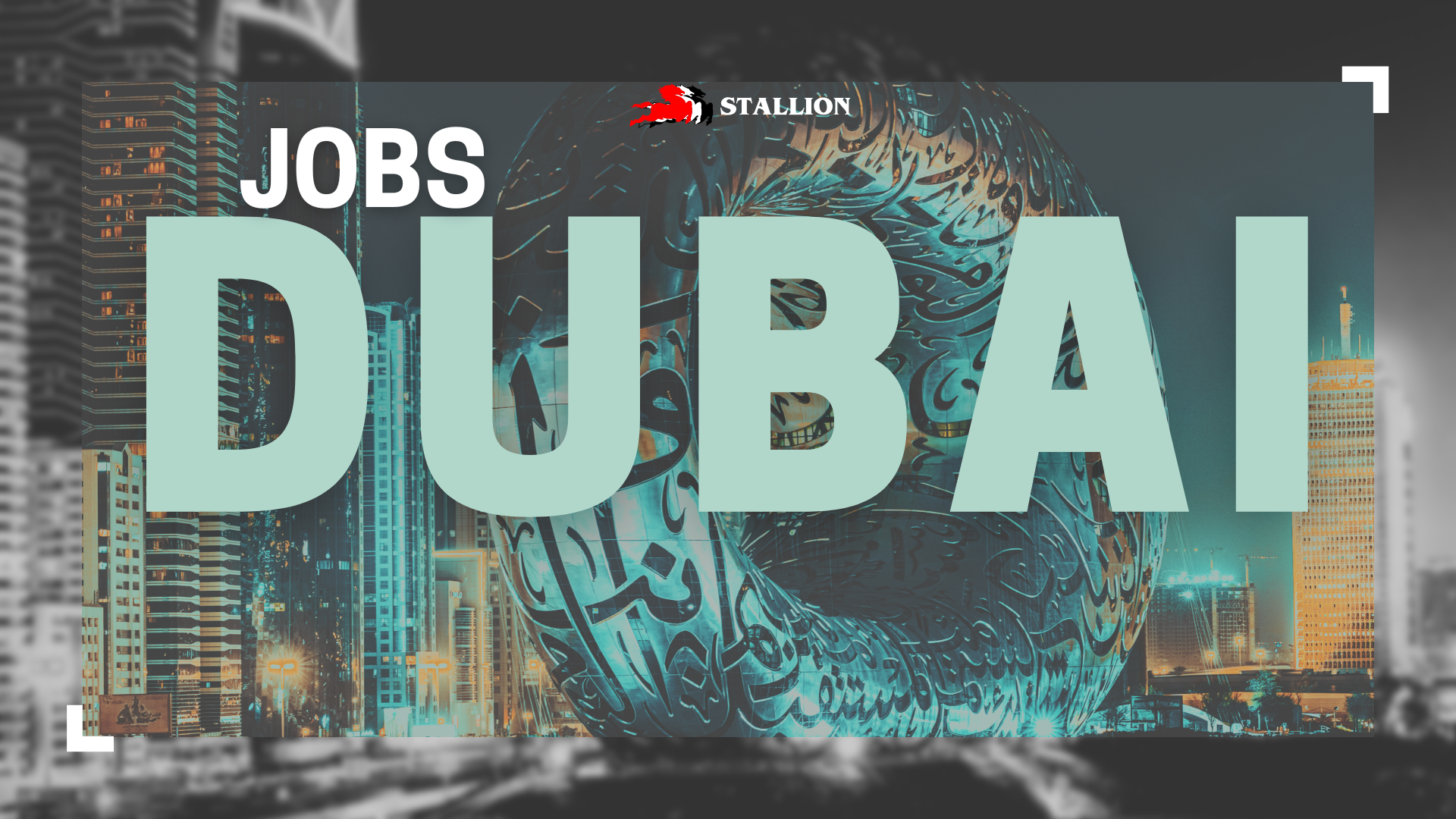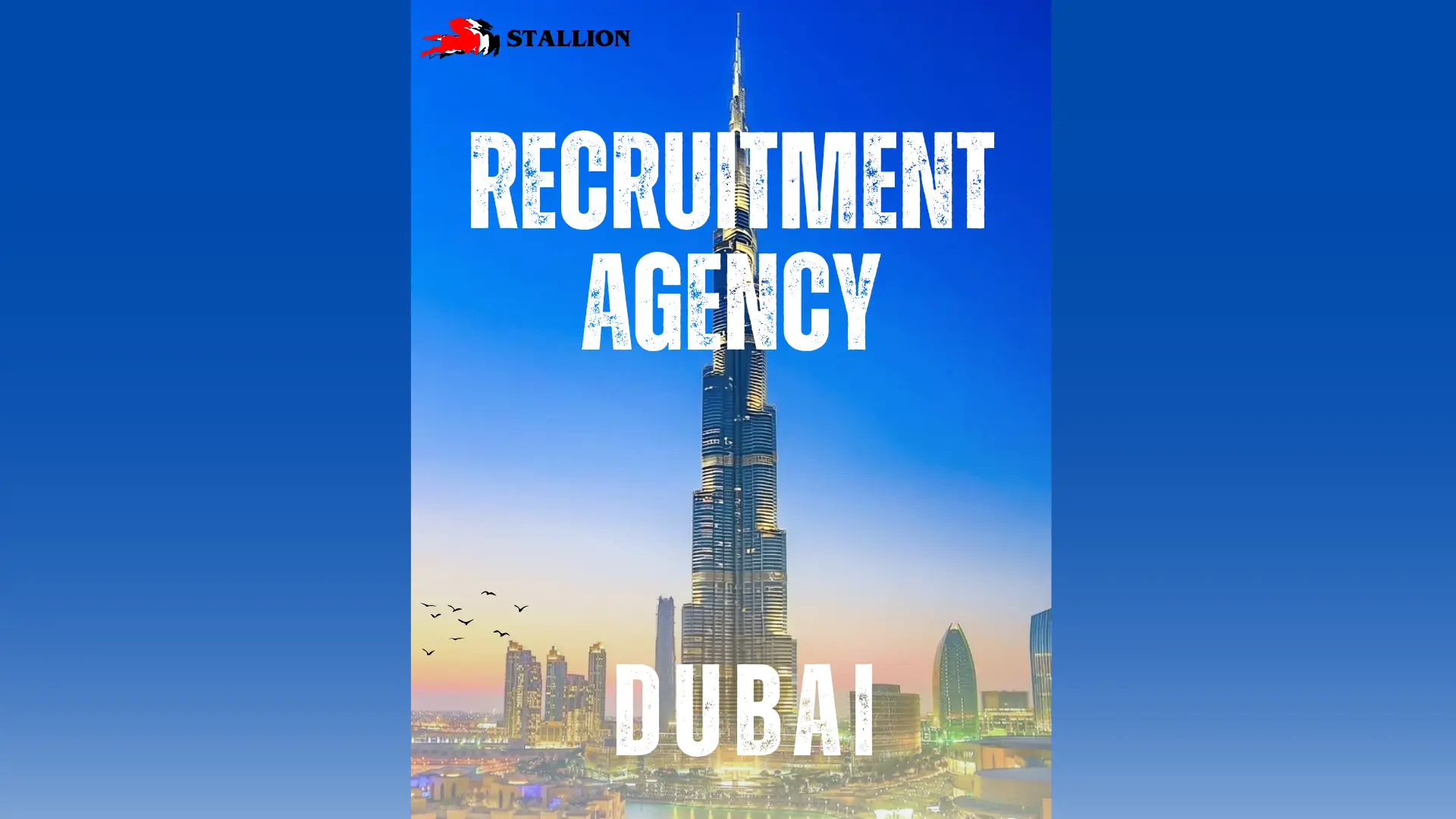Summer Isn’t a Slow Season Anymore
Contrary to what many employers once believed, summer in the UAE is no longer a “quiet” hiring season. With evolving business needs, the rise of remote work, and the continued influx of global talent, companies are taking advantage of the summer months to fill roles quickly and smartly.
Whether you’re hiring for short-term contracts, seasonal staff, or planning for Q4, understanding the summer hiring landscape is crucial. In this blog, we explore the latest summer hiring trends in the UAE and how employers can seize new opportunities in 2025.
Shift in Hiring Mindset: From Seasonal Slowdown to Strategic Staffing
Traditionally, summer hiring in the UAE was viewed as a slow period. Many decision-makers and candidates would travel, leading to fewer interviews and fewer closed positions.
But things are changing.
With the UAE becoming a year-round business hub, companies can’t afford to pause their hiring. Smart companies are now strategically using the summer months to onboard talent ahead of peak seasons in real estate, logistics, hospitality, and technology.
Plus, thanks to hybrid work models and digital interviews, the recruitment process is now smoother, even when key stakeholders are away.
High Demand for Temporary & Contract-Based Workers
Summer also sees a surge in demand for temporary, freelance, and contract-based roles.
Retailers, hospitality businesses, tourism operators, and logistics companies often require additional staff during summer promotions, events, and travel surges. Employers are increasingly turning to staffing agencies and recruitment partners for quick, compliant hiring during this period.
These short-term hires are often used to:
- Replace employees on leave
- Cover increased customer activity
- Test talent before offering full-time roles
This trend gives companies the flexibility to scale up or down without long-term commitments.
Opportunities to Attract Passive Candidates
Here’s a hidden advantage many employers miss: Summer is an ideal time to attract passive talent.
With a slower pace in many industries, employees may start browsing opportunities during their downtime, even if they aren’t actively looking. Posting job ads, boosting employer branding on LinkedIn, and running recruitment campaigns during the summer can bring in unexpected yet highly valuable candidates.
Especially for white-collar and mid-senior roles, summer is a great time to:
- Start conversations with passive candidates
- Promote your company culture
- Invite talent to apply before Q4 hiring peaks
Rising Importance of Internships and Graduate Hiring
Another key trend is the growth in summer internships and graduate recruitment programs. UAE companies are tapping into universities and training institutes to onboard fresh talent early.
This gives employers:
- A chance to test young professionals in real-world roles
- A cost-effective way to build future teams
- Access to motivated, digitally skilled candidates
In 2025, hiring early-career professionals during summer is not just a CSR activity; it’s a business advantage.
5. Competitive Advantage Through Early Hiring
Employers who wait until Q4 to recruit often find themselves battling for the same pool of talent. Getting a head start during summer allows businesses to:
- Build strong pipelines
- Reduce hiring costs
- Get new hires settled in before the busy end-of-year period
Moreover, candidates who are available in the summer are often more flexible, available immediately, and eager to grow.
How to Win the Summer Hiring Game: Tips for Employers
Here are a few best practices to stay ahead this summer:
✅ Optimize Your Job Ads
Make your job descriptions clear, concise, and mobile-friendly. Highlight perks like flexible working, visa support, or summer-friendly schedules.
✅ Partner with a Recruitment Agency
Specialized recruitment agencies in the UAE have ready-to-hire talent pools and can fill roles faster, especially for contract and project-based needs.
✅ Promote Employer Branding
Use your social channels to show off your company culture, team stories, and hiring updates. Candidates want to work for companies that look active and inclusive, even in summer.
✅ Use Data to Plan Ahead
Track your hiring patterns from previous years. What roles took too long to fill? Where did quality candidates come from? Use this to build a better strategy this year.
Conclusion: Summer is Your Secret Weapon
The hiring landscape in the UAE is evolving, and summer is no longer a season to sleep on. With the right approach, businesses can find high-quality talent, build strong teams, and get ahead before the competition even starts thinking about Q4 hiring.
Whether you need full-time professionals, temporary staff, or project-based freelancers, summer is full of opportunities—if you’re ready to take them.










